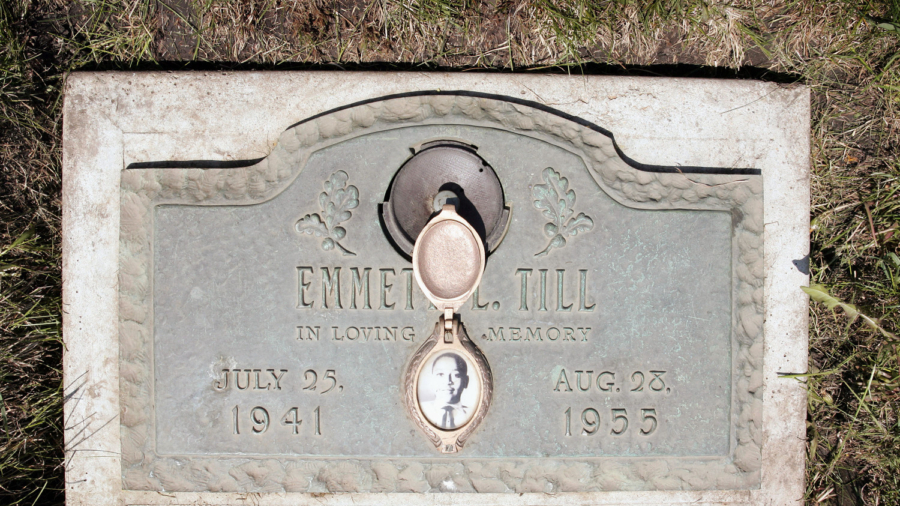After more than 120 years, it appears a bill that designates lynching as a capital hate crime on a federal level will make it to the president’s desk, bringing some closure to the nearly 5,000 documented slain, mostly black, victims of lynching that occurred on American soil between 1882 and 1968.
“I cannot imagine our nation did not have any federal law against lynching when so many African Americans have been lynched,” said congressman Bobby Rush, (D-Il.) who introduced the bill. “Lynching was the preferred method of the Ku Klux Klan, the preferred choice of (torturing and murdering African-Americans).”

The act passed in the House with tremendous bipartisan support, 410-4, on Wednesday and is now on its way to merge with the very similar Senate version that was adopted last year.
The bill, the Emmett Till anti Lynching Act, is named after a 14-year-old black American boy who was tortured and killed in Mississippi after being falsely accused of making sexual advances towards a white woman. The woman’s husband and brother-in-law were charged with the lynching, but were later acquitted by an all-white jury.
“The crime of lynching succeeded slavery as the ultimate expression of racism in the United States following Reconstruction,” the Bill H.R. 35 (pdf) states.
“Lynching was a widely acknowledged practice in the United States until the middle of the 20th century. Lynching was a crime that occurred throughout the United States, with documented incidents in all but 4 States,” the Bill reads. “At least 4,742 people, predominantly African Americans, were reported lynched in the United States between 1882 and 1968. Ninety-nine percent of all perpetrators of lynching escaped from punishment by state or local officials.”
After the reconciliation process and the in-voting by Congress—which is expected to pass quickly—the bill will go to the president’s desk at the Oval Office. He is then expected to sign the bill into federal law before the end of February.

It’s been 120 years since George Henry White, a Republican from North Carolina and the sole black representative in Congress at the time, proposed a similar anti-lynching act in the House.
“I tremble with horror for the future of our nation when I think what must be the inevitable result if mob violence is not stamped out of existence and law once permitted to reign supreme,” White said when he introduced the Bill. Even though his words were met with applause, they did not lead to enactment.
Nearly 200 anti-lynching bills were introduced in Congress during the first half of the 20th century, and the House passed three anti-lynching measures between 1920 and 1940, but the bills weren’t passed by the Senate.
A Senate resolution agreed upon in 2005 apologized to victims of lynching and the failure to pass anti-lynching legislation.
“Notwithstanding the Senate’s apology and the heightened awareness and education about the Nation’s legacy with lynching, it is wholly necessary and appropriate for the Congress to enact legislation, after 100 years of unsuccessful legislative efforts, finally to make lynching a Federal crime,” the bill states.
“It’s never too late to do the right thing,” she said in a statement shortly before the vote.
Epoch Times reporter Zachary Stieber contributed to this report


